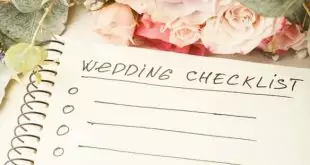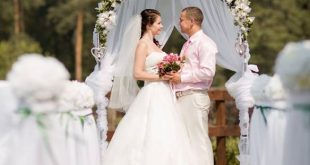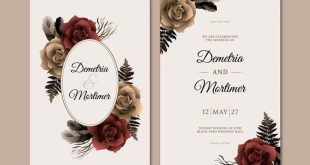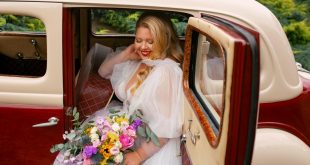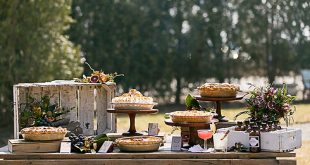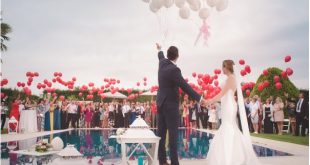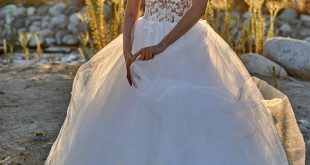If you’ve booked a venue and guests, it’s time to figure out your day-of wedding details.
And if there was ever one big decision you’ll make as a couple, and it’s what kind of camera to rent for the ceremony and reception—it’s going to be with you all day, after all.
With all that must be done with wedding planning, choosing a camera rental company can feel like an unwelcome distraction.
Camera equipment is expensive, so it makes sense that some people are anxious about picking out rental equipment for a wedding. So what should you consider when it comes to camera rentals?
Below are five tips that will help you plan out your dream wedding.
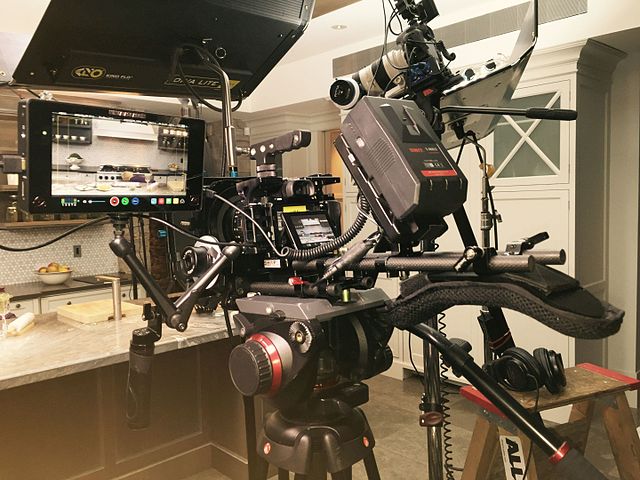
Weigh the pros and cons of renting vs buying.
Rental is a great way to get the camera you want without investing. And it’s convenient, too. You can pick up your equipment at a local shop or have it delivered straight to your door.
In addition, it is a good option if you’re not sure whether you’ll want the same camera again later — perhaps when you have kids — or if you want to try out new equipment without committing to buying it.
It also makes sense if you’re on a tight budget and don’t want to spend more than necessary on something you will use once or twice yearly.
On the other hand, if you’re going to be using this camera often or regularly over several years — say, for family vacations or events such as birthday parties — purchasing might be better since renting will cost more in the long run.
Consider your options when it comes to photo formats.
The first thing you need to consider when choosing a camera is if you want a DSLR or mirrorless camera. Let’s take a look at their distinct features below:
DSLR
The DSLR (digital single lens reflex) is the most common type of camera.
It has a mirror that reflects the image into an optical viewfinder so you can see exactly what will be captured on your sensor. The mirror flips up when you take a picture, allowing light to pass through the lens and hit the sensor.
This is how you get that “looks just like film” look instead of point-and-shoots or smartphones.
In addition, these cameras have a larger sensor and interchangeable lenses, so it’s better for low-light photography and capturing action, but it is bulkier than mirrorless.
DSLR cameras are great for weddings because they’re easy to use, allow for interchangeable lenses, and have large sensors that can produce high-quality images. They’re also very affordable compared to other types of cameras.
Mirrorless
Mirrorless cameras have smaller sensors and fixed lenses, but they’re much more compact. As a result, they are small, lightweight, and easy to carry around all day long without getting tired.
They also tend to have better battery life than DSLRs because they use less power than their counterparts.
These cameras are great for capturing interactions between people at any time during the day and can also be used in low-light situations thanks to their excellent ISO performance.
You’ll also need to consider the type of photo format you want. If you’re unsure what this is, don’t worry — here’s a quick explainer.
But basically, there are two main types: JPEGs (Joint Photographic Experts Group) and RAW files (digital negatives).
JPEG
JPEGs are usually smaller in file size and easier to edit. So if you are looking to save space on your computer and want to share photos with friends and family, make sure that the camera you choose takes pictures in JPEG format.
This is the most common file format used by digital cameras and computers.
The downside of JPEGs is that they can lose quality if you edit the image too much after taking it — which is why some photographers choose RAW format instead.
RAW
The first thing you should know about cameras is that not all cameras shoot in RAW format.
This means that every image taken with a camera that shoots RAW has more information than an image shot with a camera that only shoots JPEGs (or TIFFs).
Thus they contain more information about how the image was captured and tend to be of higher quality.
In addition, they’re not compressed like JPEGs are. That means when editing them in Photoshop or Lightroom. There’s more room for editing without losing quality.
This is especially important when shooting weddings because the lighting can vary day and night.
Finally, think about your budget! Some offer camera rentals at $70 per day — including delivery, setup, and return — so shop around until you find the right fit for your needs.
Think about how many pictures you want to take.
A good rule is that one megapixel equals approximately two printed photos per inch (300 dpi). So if you want 100 pictures in high resolution, then your camera should have at least 10 megapixels (or more).
In addition, if you’re planning on taking 100 shots per hour throughout your wedding weekend, it’s probably worth spending more money on a higher-quality camera with better battery life (and maybe even an external flash).
But if you’re only going to snap a few photos here and there throughout the day, then there’s no need to spend thousands of dollars on equipment you won’t use much.
Estimate the size of your wedding party.
Suppose you’re having a large wedding with hundreds of guests and dozens of bridesmaids and groomsmen. In that case, you’ll need a professional-grade DSLR with a telephoto lens that can zoom in on distant objects without losing clarity or quality.
You should also consider renting a second lens for group shots — especially if there’s an indoor ceremony space and an outdoor reception site.
If your guest list is smaller or more intimate, you may opt for a point-and-shoot or a mirrorless camera instead of an expensive DSLR.
These cameras are great for capturing candid moments throughout the day and ensuring everyone gets in their group shot at the night’s end.
Be sure that the camera you choose is easy to use.
It’s tempting to go with the latest and greatest model, but if you’re not already familiar with how it works, there’s a chance that it won’t do what you need it to on your wedding day.
If you’re unsure how to operate the camera, take some time to learn how it works before your big day.
It’s better to spend an extra hour learning than to have problems during the ceremony because you don’t know how to use your equipment correctly.
Therefore, make sure that whatever camera you rent is comfortable and intuitive to use before making your final decision.
Final Thoughts
When planning your wedding, you are often bombarded with so many decisions that sometimes the tiny stuff slips through the cracks.
Choosing the right camera for your wedding can be a big decision – especially if you’re on a budget.
The most important factors are simply finding a camera you feel comfortable with and giving you the results you want.
Once you’ve settled on a kind of camera, then it’s time to start thinking about other things like a tripod and lighting equipment that can enable you to take some truly stunning photos,
But they may not be necessary if your primary concern is getting good shots in natural light rather than studio-perfect ones.
That said, if you know what images you’d like to capture and want to ensure your camera allows for them, then feel free to rent equipment.
 World inside pictures Collect and share the best ideas that make our life easier
World inside pictures Collect and share the best ideas that make our life easier
